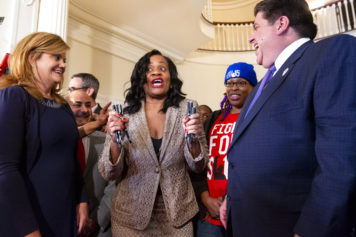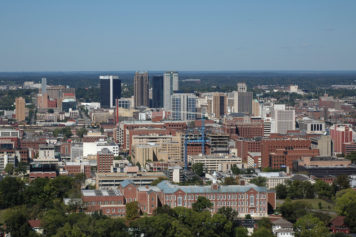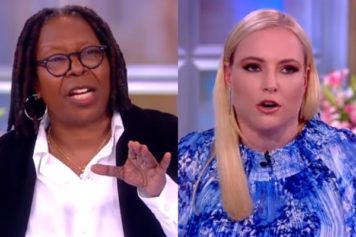
How could voters in places like Arkansas and Alaska be on board with a decidedly progressive agenda item, yet cast their lot with the party that has been a key opponent of raising the minimum wage, in Congress and in state legislatures all across the land?
Perhaps it’s because voters have now gotten the impression that Democrats, while they may try to talk a good game, haven’t really been standing up for the rights of workers and poor people in quite some time. So while voters were in favor of the minimum wage increase—particularly when the real wages of Americans have been steadily dropping in recent years—they no longer attach the issue to the Democrats. That’s the conclusion drawn by many observers, including writer Sarah Jaffe in the Guardian.
“In too many places, elected Democrats have failed—with or without Republican obstruction —to stand up for working people, especially when it comes to raising the minimum wage,” Jaffe writes. “The ‘minimum wage economy’ is all too real for far too many people, many of whom long ago lost hope that the politicians for whom they’re supposed to take time off work (and, in many cases, forfeit pay) to elect will do anything for them – and turnout was the lowest since World War II.”
Rep. Marcia Fudge, D-Ohio, chairwoman of the Congressional Black Caucus, perhaps assessing the sharks in the water beginning to blame African Americans for the Democrats’ loss last week, was quick to issue a statement to the press shifting the blame elsewhere—to racism and redistricting and the Democratic Party’s failure to appeal to young voters.
But maybe Fudge moved too quickly. After all, maybe it’s okay if the Democratic Party feels like it can no longer take the votes (and the turnout) of African Americans for granted. If the party is talking about African Americans, that means the Black community is on its radar screen in a way it hasn’t been in a long time. The next step is for Democrats to begin showing up and asking the community, Okay, what do you want from us to get you to come out the next time?
Telling the Black community that the Republicans are the boogeyman may not be enough anymore.
The failure of the mainstream parties to pay attention to workers and the poor has been the impetus over the years for the creation of many independent third parties—many of them specifically aligned with workers’ rights and the poor. While they typically don’t get candidates elected, they can bring attention to issues they deem important. And that’s the point.
There is a growing discontent in the air in the Black community, a simmering unhappiness with the choices before us. After all, the systemic racism endemic to institutions like the financial system, economic system, criminal justice system, education system and housing system continue to hold the Black community down and impede progress—even with a Black president. The thinking goes, If Democratic politicians aren’t improving Black lives, why should the community care whether or not they keep their jobs?
Despite the strength of the two-party system over the last century in the U.S., there is a growing majority of Americans who believe the country would benefit from a third party. The last Gallup poll in September found that 58 percent of U.S. adults agreed with the statement that a third party is needed because the Republican and Democratic parties “do such a poor job” representing the American people.
This has been the view of a majority of Americans for nearly the past decade. Unless one of the parties makes a bold move to change that sentiment, one of these days those poll results might just morph into a viable third option.


